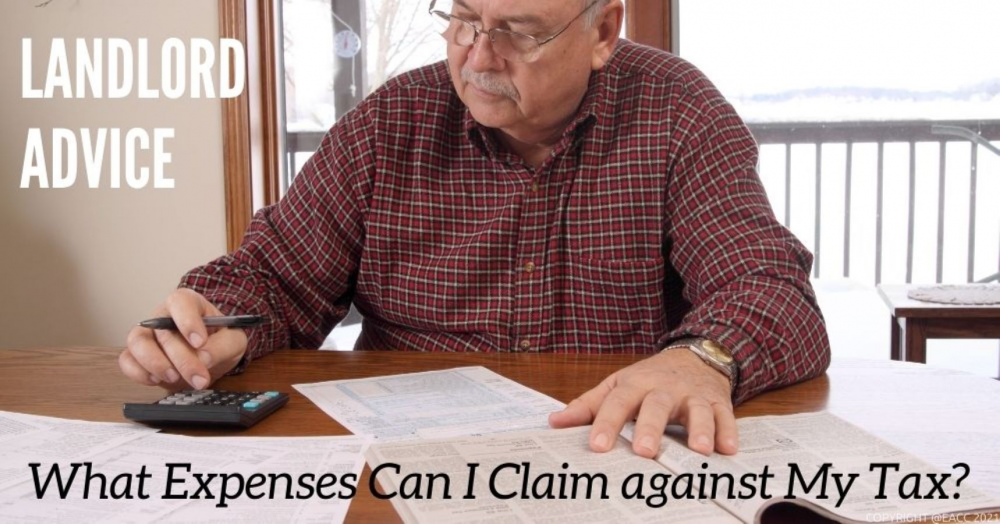This three-minute read guides landlords to declaring their rental income in the best way possible.
If you rent out a property and receive a rental income from that, you must declare it. You have to pay tax on any profit. It doesn’t change your employment status to ‘self-employed’ though, as it’s considered an investment.
Of course, HMRC can be more complicated than a day at Hogwarts. The best advice will be to seek professional advice from an accountant but we’ve picked out some key points to start you off.
Start hoarding
HMRC unimaginatively call this ‘record keeping’. Be disciplined and keep receipts, bank statements, invoices, rent books, even mileage logs, so you (or your accountant) can easily make the deductions against your tax bill. This means you get to keep more of the profit away from ‘the tax man’ in a legal and ethical way, of course.
Expenses claims
There are a range of other allowable expenses. They are deductible only if they’re exclusively for renting out a property and if you pay for them yourself. This could include:
· Water, council tax, electricity, and gas
· Insurances
· Services of, for example, cleaners or gardeners
· Accountancy fees
· Ground rents
· Service charges
Maintenance and repairs
The definition from the gov.uk website is: ‘A repair restores an asset to its original condition, sometimes by replacing parts of it’.
If the property requires new guttering after a storm, this would be considered a repair and therefore, a deductible expense.
However, if you wanted to improve the guttering for another reason, like changing the colour, this would not be allowable.
Improvements are not an allowable expense, like replacing a laminate kitchen work surface for granite. The exception to this is updating things to their ‘nearest modern equivalent’. This could be things like changing single-glazing to modern, double-glazed windows.
If you replace an item with an upgrade, then you can claim the cost as if you had replaced like-for-like. Take the work surface example: a 2m length of laminate would be £150. The same size granite work surface could be £600. You could claim the £150, not the £600.
Domestic item replacement
Furnishings like carpets and curtains are likely to be able to be deducted, as long as you’re replacing like-for-like. Beds and free-standing wardrobes, or other items that can be considered ‘movable furniture’ are also deductible. Appliances, such as TVs or fridge/freezers, and even smaller items, like cutlery and crockery can be offset against your income.
Partial expenses
If you’re letting a property that you have a mortgage on, you can’t deduct the full amount of the mortgage payment. You can only offset the interest element of the mortgage repayment against the income. Similarly, if you use your car for a purpose related to the rental property, you can only deduct the vehicle running costs for that particular purpose. This includes mileage rate deductions.
For rental opportunities in Attleborough and East Harling area's, get in touch with us on 01953 453838. Our lettings specialists can help you consider the market and the best options out there for you.
COPYRIGHT Millbanks of Attleborough, Norfolk, 2021.

